Bracing for Impact: Israel-Iran Escalation Threatens Broader Middle East Conflagration and Global Stability
Editor
Jun 20, 2025
min read
4 views
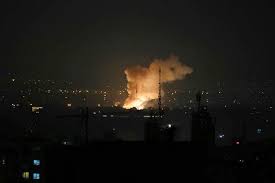
A fragile truce in the Middle East has been shattered by an unprecedented direct military exchange between Israel and Iran, catapulting the long-simmering shadow war into a perilous new phase of open conflict. The tit-for-tat strikes, which have included Iranian missiles targeting Israeli territory and extensive Israeli airstrikes on Iranian soil, including near sensitive nuclear facilities, have triggered global alarm, with world leaders scrambling to de-escalate a crisis that threatens to engulf the region in a devastating war and send shockwaves through the global economy.
The immediate trigger for the current escalation was a suspected Israeli airstrike on an Iranian consulate in Damascus, Syria, which killed several high-ranking Iranian military officials. Tehran vowed revenge, and days later, launched a barrage of over 300 drones and missiles towards Israel. While Israel, with assistance from the United States, the United Kingdom, and Jordan, reported a 99% interception rate, the sheer scale of the attack marked a significant departure from Iran's previous reliance on proxy forces. Israel's response was swift and forceful, targeting military and strategic sites within Iran, including in the vicinity of Isfahan, a city that houses a major airbase and critical components of Iran's nuclear program.
International condemnation of the escalating violence has been swift and widespread. United Nations Secretary-General António Guterres warned that the Middle East is 'on the brink,' urging 'maximum restraint.' The United States, while reaffirming its 'ironclad' commitment to Israel's security, has also privately and publicly cautioned against a wider war. President Joe Biden reportedly told Israeli Prime Minister Benjamin Netanyahu to 'take the win' after the successful defense against the initial Iranian barrage and urged Israel not to retaliate militarily. European leaders have echoed these calls for restraint, with the European Union convening an emergency meeting of foreign ministers to discuss sanctions against Iran.
The conflict has had an immediate and significant human cost. Reports from human rights organizations, though difficult to verify due to restricted access and information blackouts in Iran, suggest hundreds of casualties as a result of the Israeli strikes. In Israel, while direct casualties from the Iranian missile attack were minimal, the psychological impact and the disruption to daily life have been profound. The economic consequences are also beginning to bite. Global oil prices have surged on fears of a disruption to supply from the Strait of Hormuz, a critical maritime chokepoint. Airlines have been forced to reroute or cancel flights across the region, adding to the economic fallout. The long-term implications for the global economy, already struggling with inflation and supply chain vulnerabilities, are a major source of concern for policymakers worldwide.
The central and most alarming aspect of this crisis is the shadow of Iran's nuclear program. While Tehran has consistently maintained that its nuclear ambitions are peaceful, the recent attacks on sites near its nuclear facilities have heightened fears of a miscalculation or a deliberate targeting that could lead to a nuclear incident. The International Atomic Energy Agency (IAEA) has expressed 'deep concern' and has called for immediate de-escalation. The attacks have also led to speculation that they could push Iran to accelerate its nuclear program and potentially pursue the development of a nuclear weapon as a deterrent, a move that would fundamentally alter the strategic balance in the Middle East and trigger a regional arms race.
The current crisis does not exist in a vacuum. It is the culmination of decades of animosity and a proxy war that has played out across the region, from Lebanon and Syria to Iraq and Yemen. The ongoing war in Gaza, triggered by the Hamas attack on Israel on October 7th, has further inflamed regional tensions and created a fertile ground for the current escalation. Many analysts believe that the Gaza conflict has emboldened Iran and its proxies and has put the United States and its allies in a difficult position, trying to support Israel while preventing a wider regional war.
Looking ahead, the path to de-escalation is fraught with challenges. The rhetoric from both Israel and Iran remains bellicose, with each side vowing to respond forcefully to any further aggression. The diplomatic channels, while active, are struggling to gain traction amidst the military exchanges. The role of the United States will be crucial in the coming days and weeks. Washington will need to walk a tightrope, reassuring Israel of its support while using its leverage to prevent a further escalation that could draw the US directly into the conflict.
The world holds its breath, hoping that diplomacy and a shared sense of self-preservation will prevail over the drumbeats of war. The alternative is a full-blown regional conflict that would have devastating consequences for the people of the Middle East and far-reaching implications for global peace and security. The coming days will be critical in determining whether the region steps back from the brink or plunges into an abyss of a wider, more destructive conflict.
Editor
League Manager Editorial Team

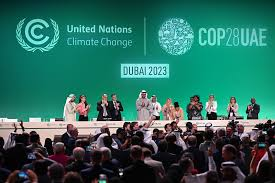
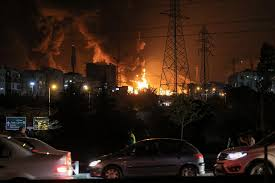

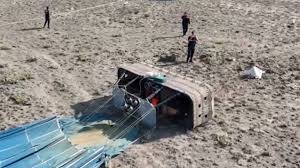
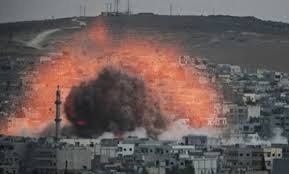
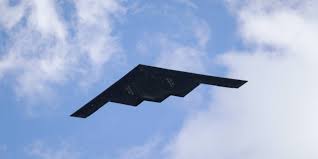
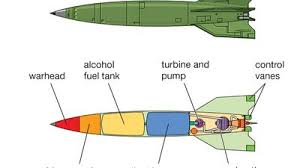
Leave a Comment